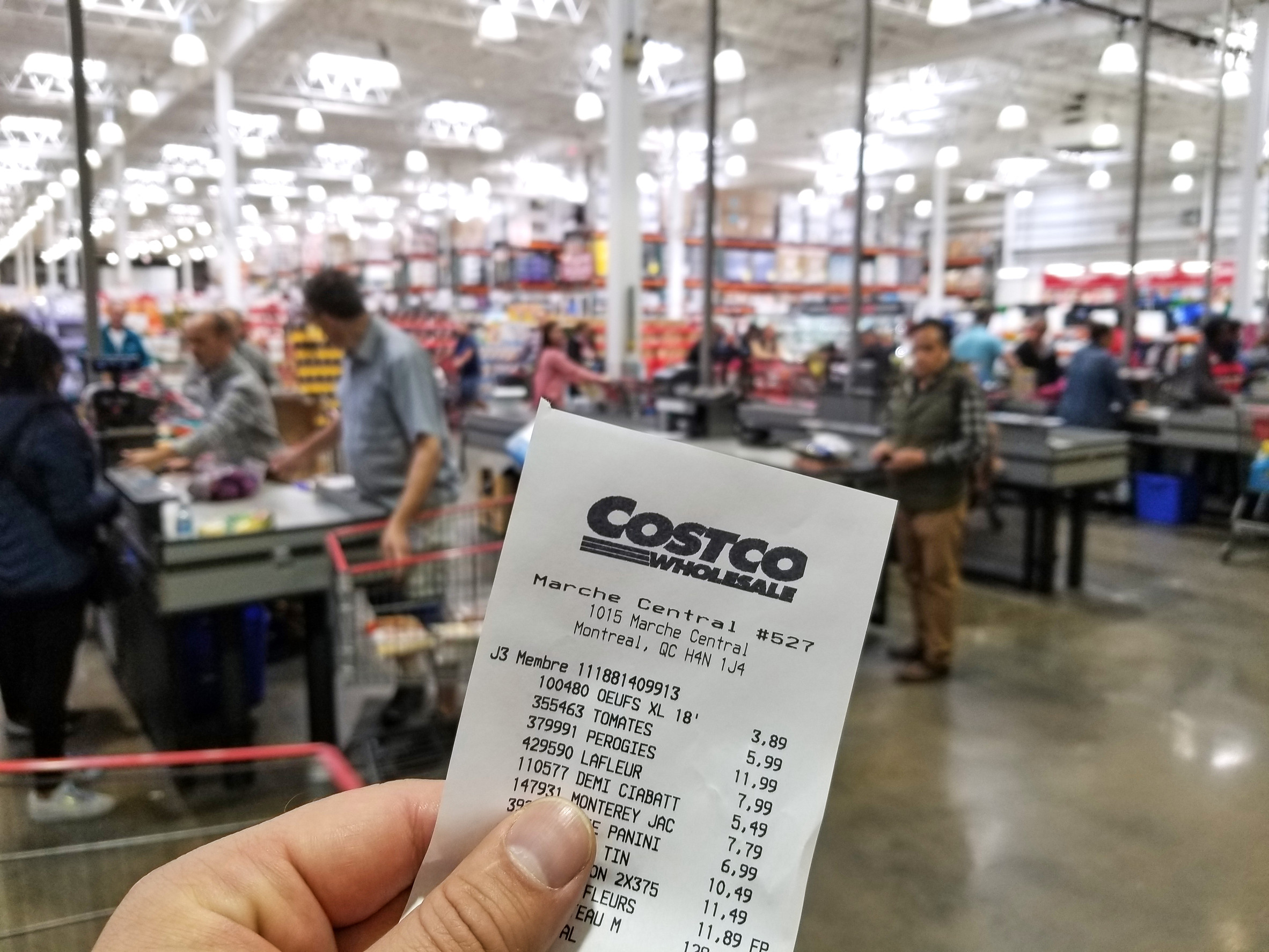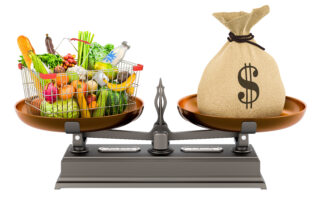
Bulk buying has become synonymous with saving money. Stores like Costco entice shoppers with the promise of discounts, larger quantities, and convenience, but is bulk shopping always the best choice? While it can be a smart financial move in some cases, buying in bulk isn’t a one-size-fits-all solution. Many hidden costs come with this popular shopping habit, from wasted food to overspending. Let’s uncover the hidden downsides of bulk buying and why it might not save you as much as you think.
1. Wasted Food and Expired Products
One of the biggest pitfalls of buying in bulk is food waste. While it’s tempting to stock up on a 10-pound bag of apples or a gallon of milk, can your household realistically consume it all before it spoils? Perishable items are especially tricky when purchased in large quantities. If food expires or goes bad before you use it, the money you thought you saved goes straight to the trash. Unless you have a plan to consume or preserve bulk items, you could end up spending more than you would on smaller portions.
2. The Temptation to Overspend
Walking into Costco or any warehouse store can feel like entering a treasure trove of deals. But these deals can lead to overspending, especially if you buy things you don’t really need. When products are sold in bulk, the cost per unit might be lower, but the upfront price is often higher. You might leave the store with items you didn’t plan to buy, adding up to a hefty checkout total. A great deal isn’t so great if it stretches your budget unnecessarily.
3. Storage Challenges at Home
Buying in bulk requires ample storage space, which not everyone has. Large quantities of paper towels, canned goods, or frozen foods can quickly take over your kitchen, pantry, or freezer. If you’re short on storage, you may find yourself cramming items into inconvenient places or, worse, letting them sit unused. Limited storage can also make it harder to stay organized, leading to overlooked or forgotten products. Unless you’re confident you have room to store bulk items properly, the savings might not be worth the hassle.
4. Membership Fees Add Up

Stores like Costco require annual memberships, which can cost $60 or more, depending on the plan you choose. While this fee might seem small compared to the savings you expect, it’s an additional expense that not every shopper considers. If you’re not a frequent shopper or don’t take full advantage of the membership perks, the cost might outweigh the benefits. In some cases, skipping the membership and shopping at regular stores with sales and coupons can yield similar savings. Evaluate how often you shop and whether the membership fee is truly worth it.
5. Buying Items, You Don’t Actually Need
Warehouse stores are designed to make everything look appealing. From electronics to outdoor furniture, it’s easy to walk out with a cart full of items that weren’t on your shopping list. This impulse buying is especially common when products are bundled together, making you think you’re getting a deal. However, if you don’t need the item or won’t use it frequently, the purchase becomes an unnecessary expense. Sticking to a shopping list and resisting impulse buys is essential when shopping in bulk.
6. Lower Quality or Overly Processed Foods
Bulk purchases often include pre-packaged, processed foods that may not be the healthiest option for you or your family. While buying in bulk can be convenient, it can also encourage less healthy eating habits. For example, oversized snack packages might lead to overeating or a reliance on convenience foods. Additionally, some bulk items may be of lower quality compared to products sold in smaller quantities at other stores. Prioritize quality and health over quantity to ensure you’re getting the best value for your money.
7. Limited Variety in Bulk Purchases
Buying in bulk often means committing to large quantities of a single product. While this can be great for household staples, it limits your ability to try new brands or flavors. For example, purchasing a giant box of one type of cereal might leave you stuck eating the same breakfast for weeks. This lack of variety can lead to food fatigue or even waste if you get tired of a product before finishing it. Smaller, more varied purchases might be a better fit for households with diverse tastes.
8. The False Sense of Savings
Bulk buying creates the illusion of saving money, but those savings aren’t guaranteed. Many shoppers assume that buying in bulk is always cheaper, but that’s not always the case. Per-unit pricing can sometimes be higher than smaller packages at other stores during sales. Additionally, the psychological effect of seeing large quantities can make you think you’re saving more than you actually are. Comparing prices and doing the math is critical to ensure you’re getting the best deal.
Reevaluate Your Bulk Buying Habits
While bulk buying has its benefits, it’s not always the best option for every household or situation. Hidden costs like food waste, overspending, and storage challenges can quickly outweigh the savings. To make bulk shopping work for you, be intentional with your purchases, plan ahead, and stick to your budget. By rethinking your approach, you can avoid falling into the trap of unnecessary expenses and focus on smarter ways to save.
Do you shop in bulk, or have you discovered that it’s not as cost-effective as it seems? Share your experiences in the comments below.
Read More:
- How To Get A Price Drop Refund From Costco
- 10 Luxury Items You Can Buy at Costco That Feel Like Splurges

Latrice is a dedicated professional with a rich background in social work, complemented by an Associate Degree in the field. Her journey has been uniquely shaped by the rewarding experience of being a stay-at-home mom to her two children, aged 13 and 5. This role has not only been a testament to her commitment to family but has also provided her with invaluable life lessons and insights.
As a mother, Latrice has embraced the opportunity to educate her children on essential life skills, with a special focus on financial literacy, the nuances of life, and the importance of inner peace.






